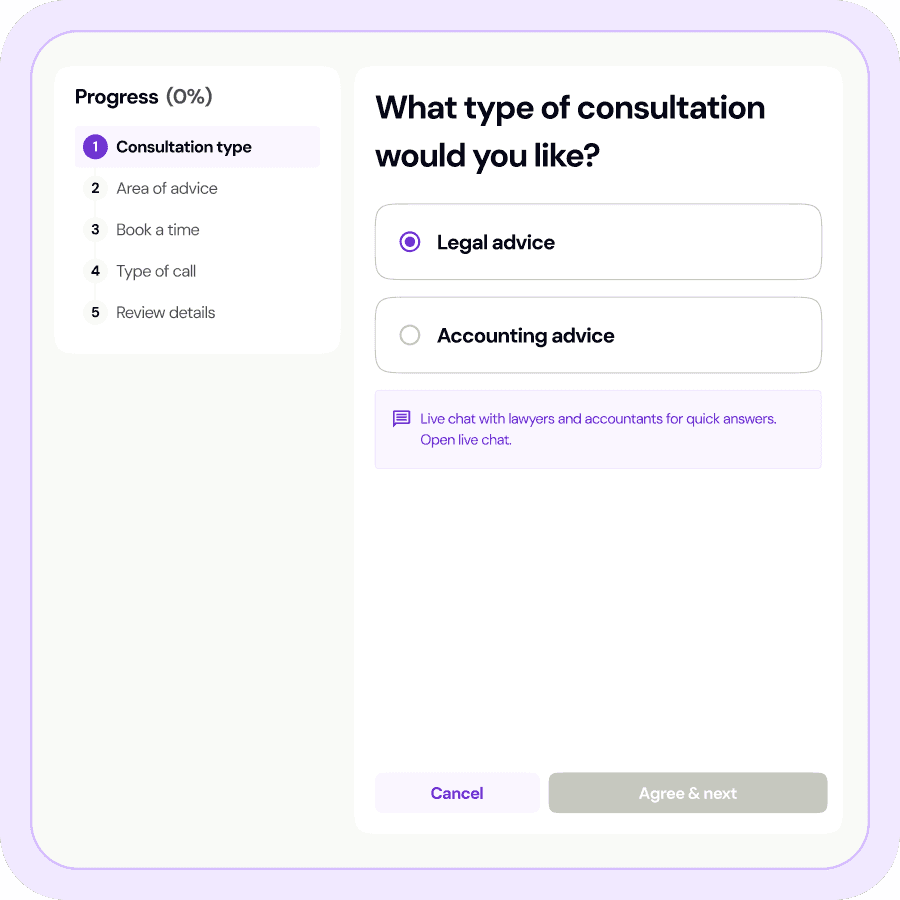It is very common for people to feel they have not received their fair allotment when the will of a deceased person is read. There are many questions and some people feel shame about questioning what the deceased person put in their will. However, the law sees things differently. You can challenge a Will where provisions have not been made for you when they should have been.
Key points
- You can challenge a Will if it fails to make an adequate provision for someone who is eligible to make a claim (eligible persons are outlined under State succession laws)
- You can also claim that the will is invalid (if the person was under duress or lacked mental capacity).
- It’s important to hire a probate lawyer to help prepare your claim within 12 months
It is a common and a relatively straight-forward process to challenge a will. The most common way to challenge a will is to claim based on State legislation. In NSW, this is the Succession Act 2006 (NSW). You can also make a claim based on a lack of capacity of the deceased. This means they were not of sound mind when they signed the will or someone was exerting undue influence over them.
How to challenge a Will
1. Check whether you are eligible
Only eligible persons can legally challenge a Will. These people include:
- Spouses and former spouses
- De facto partners
- Children
- Stepchildren
- Grandchildren
- Anyone who was dependant on the deceased
2. Ask whether adequate provisions have been made in the Will
This is hard to generalise about, but ask the question “has their been sufficient left to you given your level of reliance on the deceased and state of life, other income etc.”
3. Find and hire a lawyer
You will need a lawyer to help prepare your claim. A lawyer can help you identify whether you’re eligible to make a claim or whether there’s a chance that the Will is invalid. However, you have to ensure you move reasonably quickly to find a lawyer. This is because there is generally a cut off of 12 months after the date of the deceased’s death to bring a claim.
4. File in Court
The executor of a will is unlikely to agree to give you more than what is set out in the will until you file proceedings. After this, you will need to put on evidence to prove your claim. However if your claim has merit, it is likely that the executor will try to settle with you.
Conclusion
Whether by accidental omission or ill intent, being excluded from a loved one’s Will can be distressing. However, challenging a Will is a common occurrence. If you think you might have a claim, it’s important to speak to a lawyer and get the process moving sooner rather than later. If you have further questions about disputing a Will, it may be worth speaking to a Probate lawyer. Please note that this information is general in nature and should not be relied upon as legal advice.








